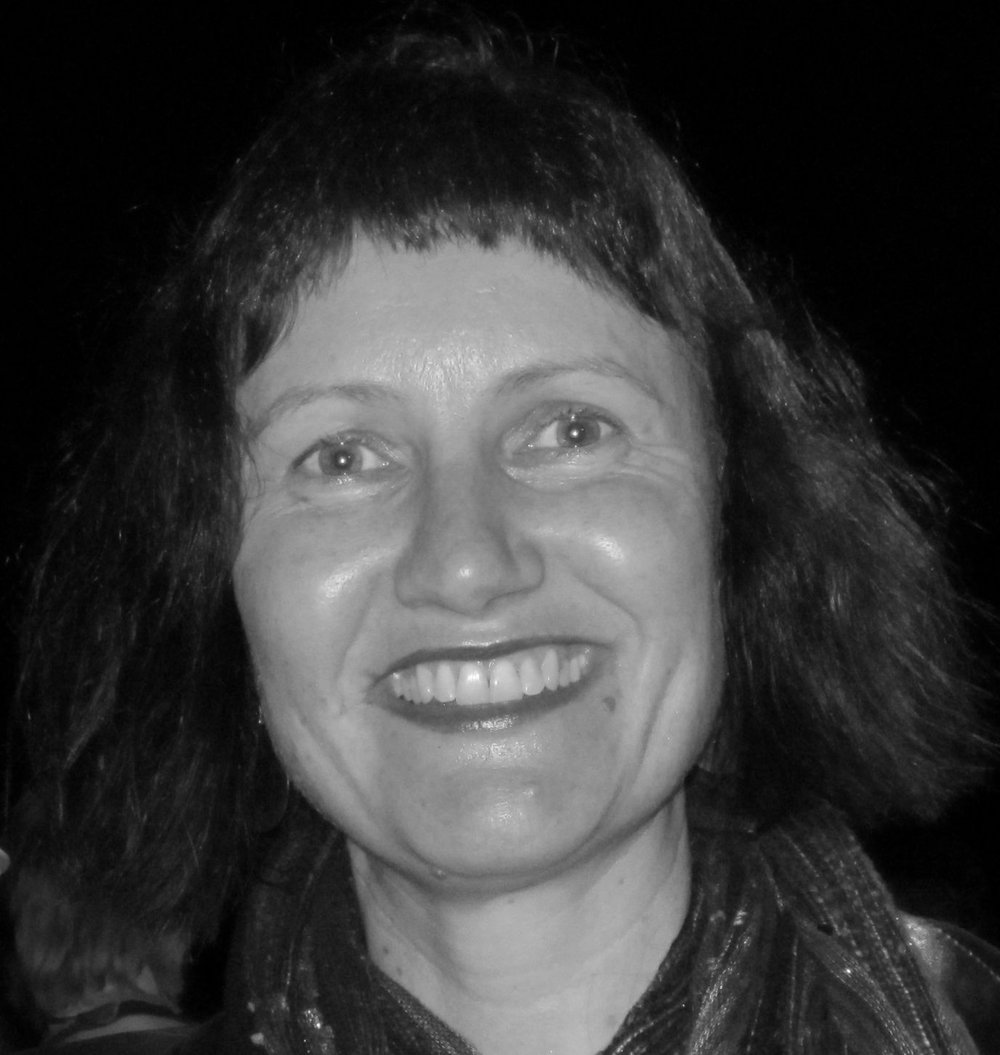Recently in Alice Springs, I watched an Aboriginal woman ahead of me in the queue at a small supermarket struggle to work out how much she had left on her BasicsCard to pay for her groceries. The young man behind the counter persevered for a couple of minutes, then brushed her aside – too time-consuming, too incomprehensible a customer, perhaps – and waved me on. Not every retail encounter is like this in Alice Springs, but it’s common enough to see Aboriginal customers spoken to in kindergarten voices by staff at bottle shops and supermarkets or passed over in favour of white ones, especially with the advent of the BasicsCard.
I offered the woman the use of my phone to check her BasicsCard balance. She left her clutch of goods on the counter, and we met outside the shop a little later. A male relative paced up and down nearby, waiting while she called Centrelink. When the woman finished the call, she lifted her shirt to show me a scar on her side. It wasn't a recent wound and I had no idea whether it was the result of surgery – or of violence, which local Indigenous people sometimes mention with alarming casualness.
But I gathered that she wanted to use my phone again. I passed it back and she rang a daughter at Finke, then another somewhere else. After a couple of calls, I retrieved the phone. It wasn't any skin off my nose for her to use it – my phone plan was certainly large enough – but I had to cook for friends.
The woman disappeared inside the shop, the man loping after her. I cycled off to join my friends, musing about the woman. Finke (also known as Aputula) is over two hundred kilometres away. Alice Springs has long been a hub, the CBD of the region with remote communities as its satellite suburbs. Remote-living Aboriginal people often gravitate to Alice Springs to buy supplies, attend sports events, receive treatment for chronic diseases or simply to entertain themselves. There's been debate in recent years about whether remote visitors have been increasing as a result of urban drift, a tide growing perhaps due to the number of BasicsCard-approved businesses now available in town under the Northern Territory Intervention.
I suspected the woman was staying with friends or relatives at the nearby housing commission flats or in the town camp across the road. The town camps – pockets of historically Aboriginal-owned land – dotted across Alice Springs often swell with visitors from outlying communities and experience high levels of alcohol-related violence. Housing in the camps and on communities – a deal breaker in the last Territory election – consists of little more than cheap concrete boxes, inadequate to withstand the high volume of people, dogs, wind and dust.
The woman was clearly ninti, resourceful. But no one has ever shown me an abdominal scar in Melbourne in the hope I'll lend them my phone. She and others like her lead lives beyond everyday comprehension – travelling long distances, enduring cramped housing and alcohol-fuelled violence, and mastering new nuances of bureaucracy in the often forgotten capital of central Australia.
Eleanor Hogan is the author of Alice Springs in NewSouth’s City series.


